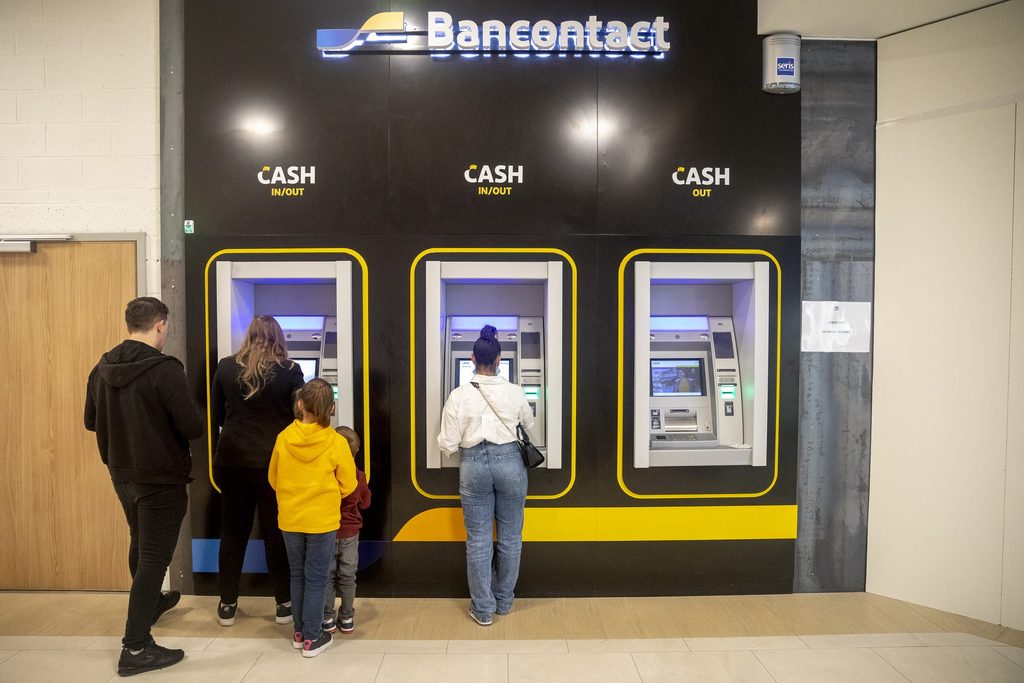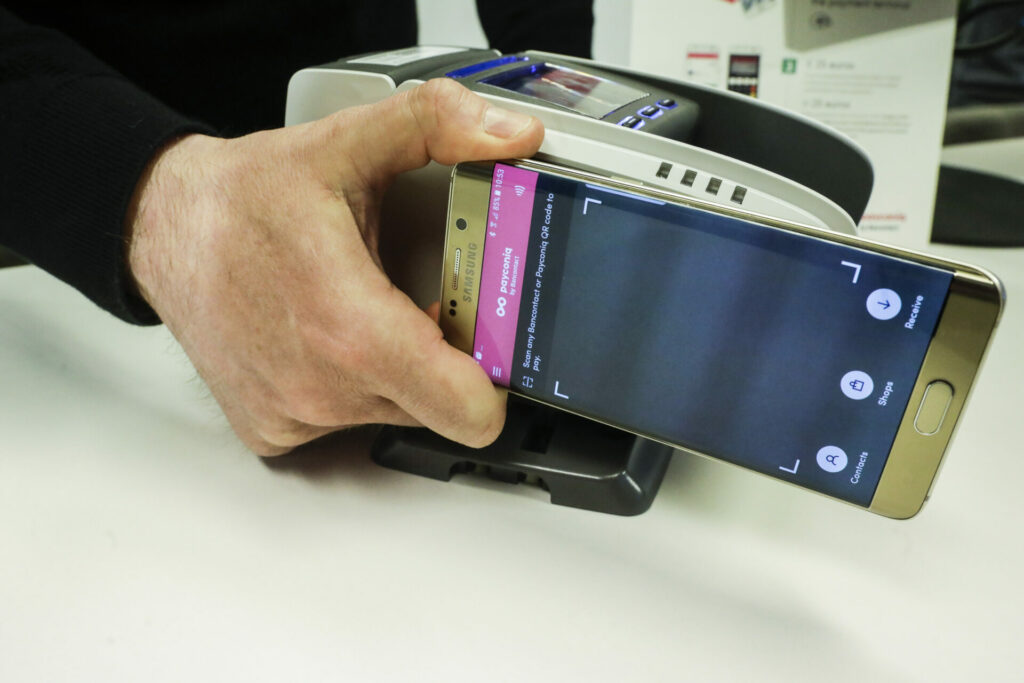Belgians are changing how they pay, with a marked shift towards digital transactions that depend on applications. This is reflected in the number of Belgians that use cash on a daily basis – just 12% do so, L'Echo reports.
It is a transition that has fired a long debate, notably as some merchants continue to make clear their preference for cash, with many citing service fees that they must pay for processing card payments. In Brussels, the issue has been further complicated by the withdrawal of cash machines, with hundreds of ATMs operated by banks closed.
Whilst access to physical currency has been complicated – in Forest there is just one ATM in the whole commune – new methods of cashless payment are gaining ground in Belgium. Most recently, the European Payments Initiative (EPI) has just launched 'Wero', a person-to-person system that uses QR codes on mobile phones.
This system was previously only possible for domestic transactions (for instance Payconiq between Belgian banks) but now will be expanded across 16 EU banks. This payment method is increasingly common in Belgium, the EPI states. The financial services scheme, which is backed by the European Commission, assessed the spending habits of consumers in Belgium, France, and the Netherlands.

Credit: Belga / Hatim Kaghat
The EPI found that 18% of Belgians use bank cards every day for payments and 34% use them every week. Over half of Belgians make online payments at least once a month, although 20% said that they don't ever. The most popular payment applications are Bancontact and Payconiq, which one third of Belgians use every week.
The survey also highlighted differences between regions, with 19% of Brussels residents making payments via application every day, compared to 7% in Flanders and Wallonia. This hesitation to adopt newer payment methods is partly due to the more international composition of the capital's demographic.
Importantly, respondents to the survey pointed to three key user requirements for payment applications: they should be free to use; they should be secure; they should be easy to use. Wero aims to respond to these needs by facilitating fast payments between individuals, though they might not use the same bank.

